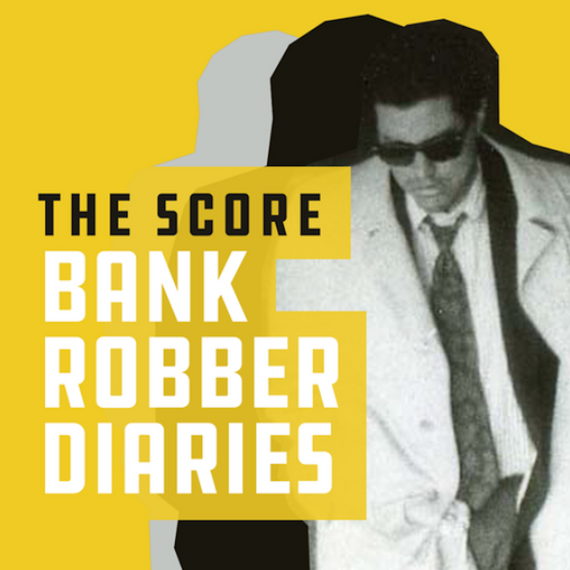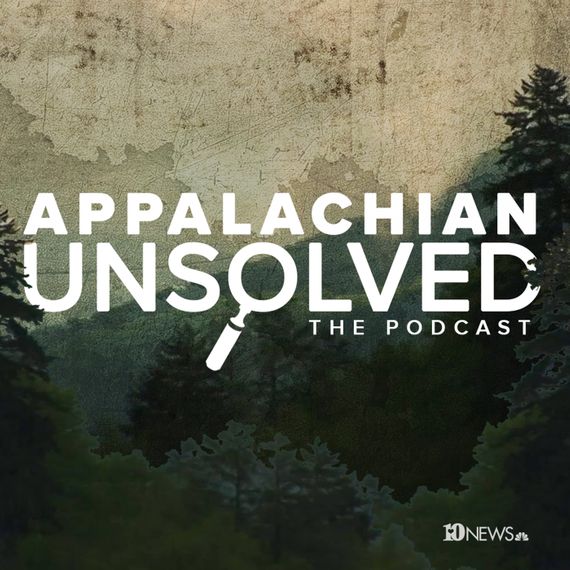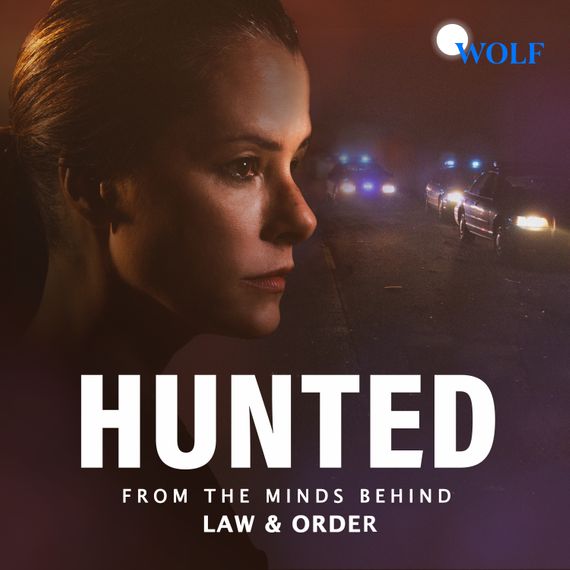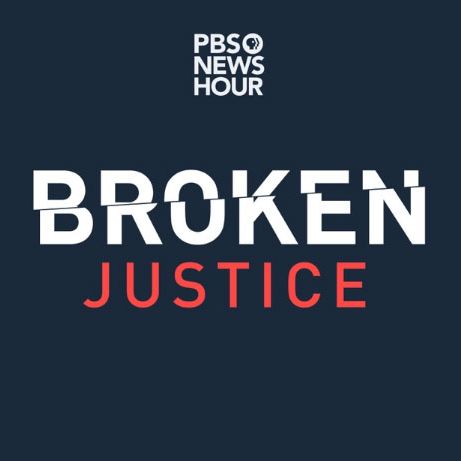
The true-crime-podcast universe is ever expanding. We’re here to make it a bit smaller and a bit more manageable. There are a lot of great shows, and each has a lot of great episodes, so we want to highlight the noteworthy and the exceptional. Each week, our crack team of podcast enthusiasts and specialists will pick their favorites.
The Score: Bank Robber Diaries: “First Time Out”
Joe Loya might be the most charismatic thief to ever step foot inside the four walls of a Bank of America. (To be fair, John Dillinger never had his own true-crime podcast, so it’s hard to know for sure.) The former-bank-robber-turned-author is the subject of this new podcast, hosted by Ben Adair (who also produced Dr. Death), which charts Loya’s evolution from abused kid to prolific criminal. The ex-con certainly has a way with words, and he ultimately needs very little goading from Adair to spin a wholly engrossing yarn about the joy of his first heist or the pathos of his difficult upbringing. Suffice to say, it’s hard not to be taken in by Loya’s charms — which must have been what made him such a pro in the first place. —Amy Wilkinson
Appalachian Unsolved: “The Serial Killer Who Got Away With Murder”
God, I love a good regional true-crime podcast. They are the best for learning about cold cases and crimes that haven’t gained national notoriety, but should. WBIR’s Appalachian Unsolved examines crimes in East Tennessee, such as those of the Zoo Man (so-called because he told the sex workers he frequented that he worked at a zoo), a serial killer operating in Knoxville beginning in 1992. When police obtained a warrant for the home of Thomas Huskey, they found items connected to the four women he murdered. After Huskey was arrested, he began to display the symptoms of dissociative personality disorder, and claimed that one of his personalities, Kyle, committed the murders. So with the confession, and all the evidence, how could this dude not be in jail? Hosts Leslie Ackerson and John North look at how the case played out in court (after the trial was moved from East Tennessee to another county) and what ultimately led to the jury’s failure to come to a verdict about Huskey’s guilt. —Chanel Dubofsky
Hunted: “Gone” and “The Four”
Ahhh, the brains behind decades of Law & Order have finally ventured into the realm of podcasts. Producer Dick Wolf and Endeavor Audio brings us this fictional narrative about a deputy marshal on the hunt for an increasingly desperate and dangerous group of prison escapees. Parker Posey plays Deputy Marshal Emily Barnes, a single mother who’s already on thin ice with her boss after a mysterious event alluded to in passing. The stakes are high personally and professionally for Barnes when she’s assigned to track down four prisoners who took some guards hostage, beat the crap out of them, and hit the road. The leader of the group is serving 17 consecutive life sentences for armed robbery, which seems suspicious. Things start getting extra hairy when one of the younger guys — a hot-headed former gang member — takes a hotel maid hostage. And then there’s the bipolar guy who’s without his daily meds … Yeah, this is some Law & Order everything-but-the-kitchen-sink crime drama, and I’m here for it. Hunted’s first two episodes dropped earlier this week, and they each clock in at under 25 minutes, making this the perfect mini-binge for your listening pleasure. Plus, Parker freaking Posey bringing some serious Olivia Benson vibes and a Texan accent! Dun DUN. —Jenni Miller
Broken Justice: “Triage”
How do public defenders in Missouri, ranked as the second-worst program in the country, handle more than 100 criminal cases at a time? They triage, just like an emergency room, putting their heads down and focusing on the one case in front of them, and many acknowledge they are not adequately able to defend poor clients. The breakdowns in the public-defender program in Missouri are used as a case study in Broken Justice, a five-part podcast from PBS, reported by hosts Amna Nawaz and Frank Carlson. The podcast uses the case of Ricky Kidd to illustrate the true failure of the system. Despite having a rock-solid alibi, Kidd was convicted in 1997 of double homicide. He knew who really did it and told both his attorney and police. “I just thought my innocence was going to be sufficient enough,” he says. But it wasn’t. The podcast promises to lay out the story of why Kidd remains behind bars — despite evidence that his original public defender was ineffective at trial — while shining a light on how that fits into the bigger picture of inequality in the justice system. —Lara Bricker





